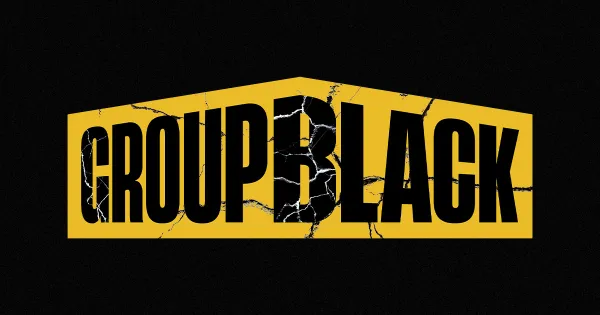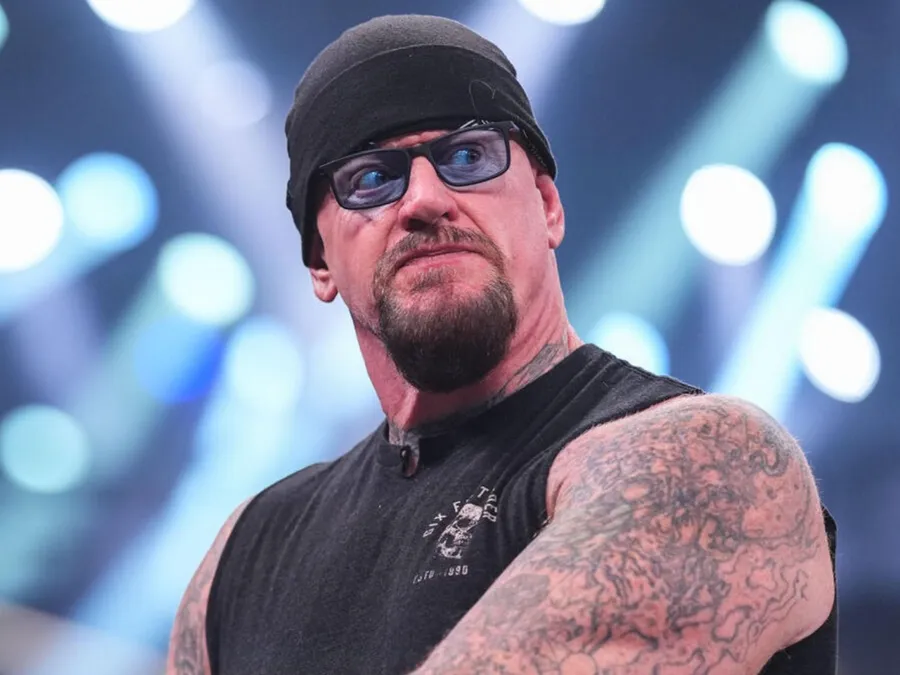By Mark Stenberg
Copyright adweek

In June 2021, three prominent Black media executives joined forces to launch Group Black, a collective that aimed to secure advertising commitments from brands and agencies and direct the spend to a portfolio of Black-owned publishers.
At launch, founders Richelieu Dennis, Bonin Bough, and Travis Montaque announced an initial investment of $75 million from the agency GroupM, and multimillion-dollar deals with companies including Ziff Davis and NBCUniversal soon followed. Ultimately, Group Black pledged its intent to raise and distribute $500 million in funding.
In its early years, the venture generated breathless press coverage—some of which came from yours truly—and enjoyed the backing of powerful brands and holding companies, thanks in equal part to its charismatic founders and the heightened climate of social activism coming out of the pandemic.
By 2024, the company had grown quiet. The collective had ostensibly raised hundreds of millions of dollars for a cadre of Black media outlets, but I increasingly began to hear grumblings of late payments.
That summer, Montaque, the wunderkind chief executive and founder of messaging technology service Holler, quietly left Group Black.
Dennis, who made his fortune by selling his personal care company, Sundial Brands, to Unilever in 2017 for $1.6 billion, left the collective shortly after. He had increasingly begun to focus on building out a separate media portfolio, called Sundial Media and Technology Group, which includes publishers like Essence, Refinery29, and Afropunk, among others.
The departures left Bough as the sole remaining cofounder. Then the lawsuits began.
The first, in October 2024, was filed by Essence Communications, a subsidiary of Dennis’ Sundial Media and Technology Group. It alleged that Group Black owed two of its publishers, Essence and Afropunk, $20 million in unpaid bills and had improperly used those funds to enrich Group Black and Holler, as Business Insider first reported.
That lawsuit has since been dismissed. But new litigation has emerged in recent months, which I was able to get my hands on and which has not been previously reported.
Two new lawsuits—a lawsuit filed by Essence Communications and countersuit by Group Black—were filed in May and June of this year and are still active. Bough, Dennis, and Montaque each declined to comment, citing the ongoing litigation.
The documents that surfaced as a result of the litigation have shed new light on the internal drama roiling the company. They also reveal, for the first time, the complexity of the Group Black portfolio and the competing interests that are now threatening to tear it apart.
He said, he said
What both parties can agree on is that, between 2021 and 2023, Group Black arranged for Essence and Afropunk to execute millions of dollars’ worth of advertising campaigns, which they did.
In the suit filed against Group Black this May, Dennis’ group makes many of the same allegations as before and claims $7 million in missed payments. It also claims that Group Black had the money to pay Essence and Afropunk, but instead used it to invest in Group Black and Holler, the messaging platform founded by Montaque.
In its countersuit, Group Black alleges that while it did indeed owe Essence and Afropunk $7 million, Dennis had agreed in January 2024 to convert that $7 million debt into equity in Group Black. Then, after a fallout that occurred in the summer of 2024 when Dennis left the company, he changed his mind and decided to sue for the money, the countersuit alleges.
Group Black cited emails that mention Carta, a software used to structure capital tables, in corroborating these claims. Indeed, turning a $7 million debt into equity would enable Group Black to invest that money back in its business, a common tactic for startups. It did invest that money, according to the countersuit, acquiring Holler in December 2023, and investing $14.5 million in the messaging platform.
Essence Communications denies that it agreed to convert the $7 million debt into an equity stake.
A tangled web
As you might have picked up on, much of the melodrama here stems from the entangled nature of the various businesses involved.
Dennis was chairman of the board of Group Black during the time it allegedly withheld funds from Essence and Afropunk.
And until his resignation in 2024, Montaque was the CEO of both Group Black and Holler during the time that Dennis’ group alleges Group Black withheld funds in order to invest in Holler.
But in a twist, Dennis was also a significant investor in Holler. That means that—and try and keep up here—Dennis is suing Group Black, a company he cofounded and led as chairman, for alleged nonpayment to Essence and Afropunk, companies he now owns, because Group Black had allegedly used the owed funds to invest in Holler, a company in which he had invested.
Holler’s assets are still owned by Group Black, though the messaging platform is no longer active. Its former URL now directs to a Vietnamese streaming website.
An uncertain future
In retrospect, the commingling of these various business interests now seems like a fraught proposition. On some level, the companies simply appeared to be handing around the same dollar in a circle.
This kind of financial maneuvering is not uncommon among startups, where cash is in short supply and the focus is on building something rather than turning an immediate profit. Plus, Essence, Afropunk, and Holler are the exact kind of companies that Group Black was trying to support—even if their owners happened to benefit from that support.
Unfortunately, in this case the tripartite management of the company, combined with each founder trying to serve both the interests of their portfolio companies and the interests of Group Black, seems to have backfired.
Group Black, to its credit, is still alive and kicking. Bough is running the company now, and last month he announced the launch of Portrait, a venture with a mission similar to Group Black but with a focus on minority audiences more broadly. Group Black will now become Group Black Holdings, Bough said in a LinkedIn post.
Personally, I hope that Group Black can persist. It was and is an organization with an important mission, however muddled that might have become amid this power struggle. Over the years I have spoken with dozens of Group Black employees, and down to the one they all believed in the work they were doing—a refreshing anomaly in an often disillusioned industry.
I know that for many in the Black media community, Group Black has been at times a polarizing organization. Some operators believed it sucked up all the oxygen in the room and then failed to execute on its core promise. But most Black media executives I’ve spoken to are conflicted on the issue: critical of its operations, but worried its failure would affect funding for other Black media companies.
For the moment, the fallout from the situation is at least contained to its internal stakeholders. But if Group Black itself collapses, the blast radius of its implosion could be much wider.
Update: This piece has been updated to reflect that Essence Communications has denied that it agreed to convert the $7 million it was allegedly owed into equity.



